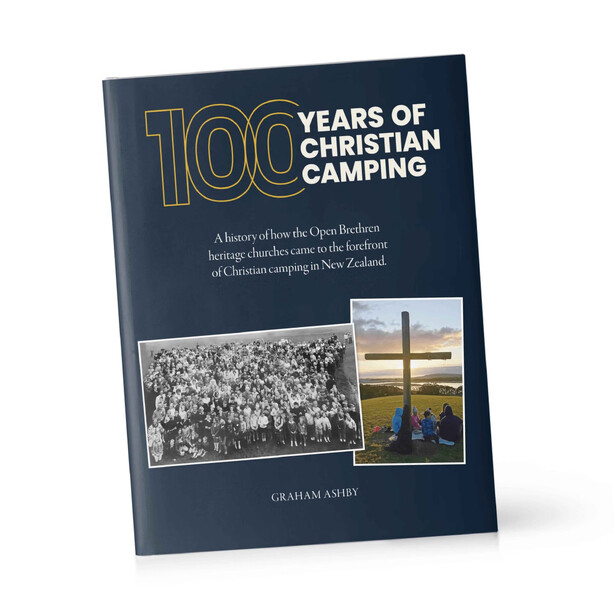OUR STORY
Willow Park Camp (formerly Eastern Beach Camp) came into being through the visionary benevolence of an Auckland businessman and supportive friends.
A CAMPSITE FOR THE YOUNG PEOPLE OF AUCKLAND
In the early 1930s, Christian leaders saw a growing need for a dedicated campsite to host the growing numbers attending Auckland Bible Class, Missionary, Easter, and Christmas camps.
In 1935, Robert Laidlaw, founder of Farmers Trading Company, and Frank Bardsley, secretary of Assembly Bible Classes (ABC), travelled to Rangitoto Island with a group of Bible Class members from Open Brethren churches. As they leaned on the railing of the boat, Robert and Frank discussed the possibility of a campsite for the young people of Auckland. Families were struggling through the Depression, and few could afford holidays—yet young people were eager to gather and grow in faith. Robert spotted a beach surrounded by open land along the coast and after further enquiry, discovered it was an old shell quarry for sale.
Laidlaw proposed raising £2,500 to build an accommodation block for 350 campers and pledged to match every donation. Support poured in, and by January 1936, the two-storey Laidlaw Lodge was complete and debt-free. A large fireplace, designed by Tom Haughey, was added for warmth. The Laidlaw family moved a cottage onto the land, choosing to share the space with others.
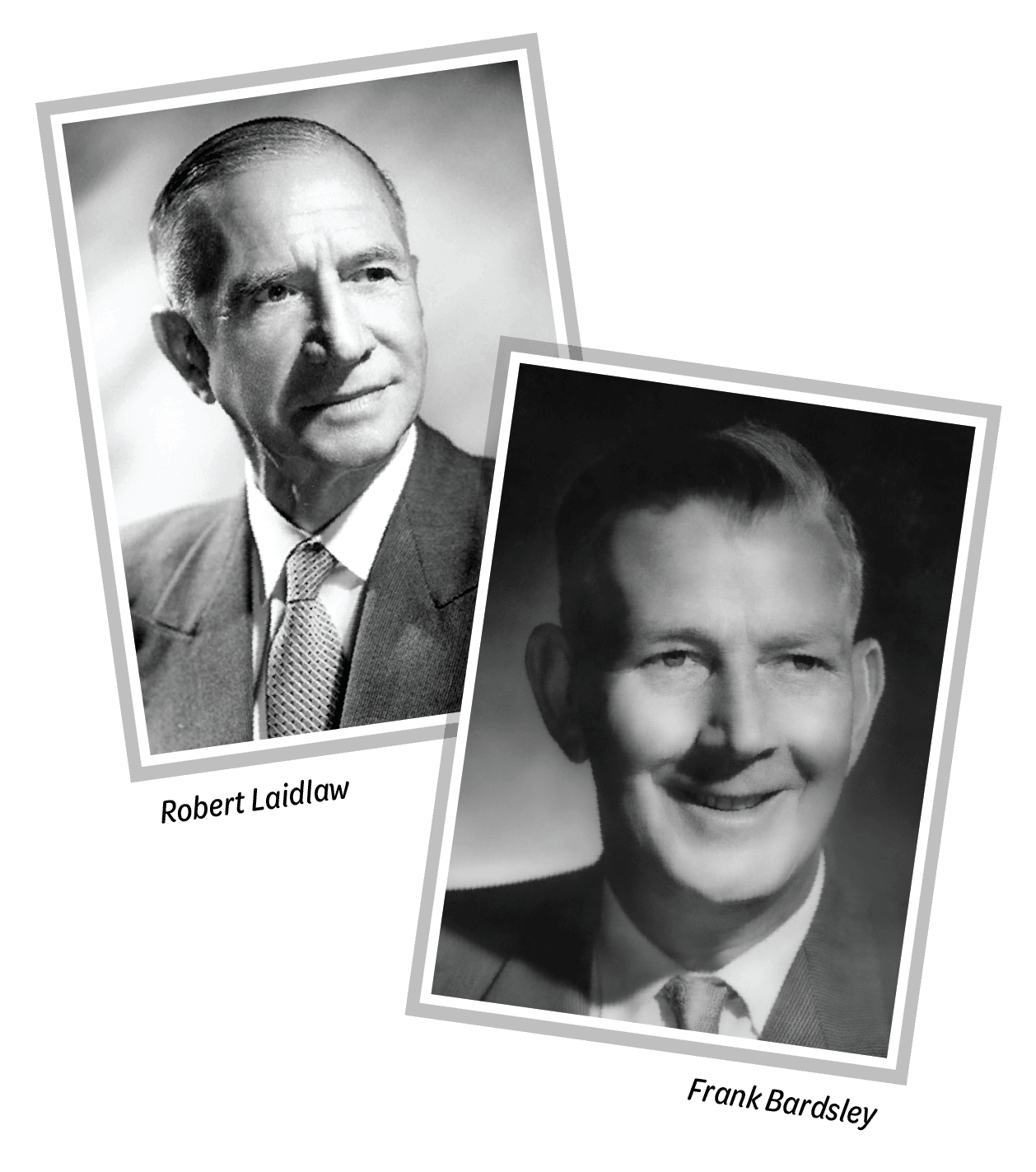
THE FIRST CAMPS AT WILLOW PARK
Before the land was officially settled, 250 campers arrived for the first Christmas/New Year camp—enjoying devotions, swimming, and fellowship across 10 days. Robert Laidlaw was the first speaker, delivering daily Bible messages. He and his wife led these camps until WWII, then continued for another 20 years.
Early camps were basic but joyful. Campers had to fetch buckets of seawater to flush the sewage, rubbish was buried, and meals were cooked by army staff. Campers brought their own dishes and washed them in outdoor troughs. The site was covered in shells, and buildings were unlined—but the fellowship and teaching made it unforgettable. Neighbours were invited to join in and many campers received Jesus Christ as their Saviour.
In 1937, Laidlaw launched the first Boys’ Camp, followed by Girls’ and Missionary Camps. Fred King, who became a Christian at camp, later led many Christmas Camps and helped shift the focus from youth to families. He and his wife June started additional youth camps, including a Young People’s Camp that ran for 19 years. In the following years, Missionary Camp became an annual highlight and was instrumental in encouraging many individuals and couples to enter overseas missionary work. Winter House Party was held over Queen’s Birthday Weekend, established for the farming community.
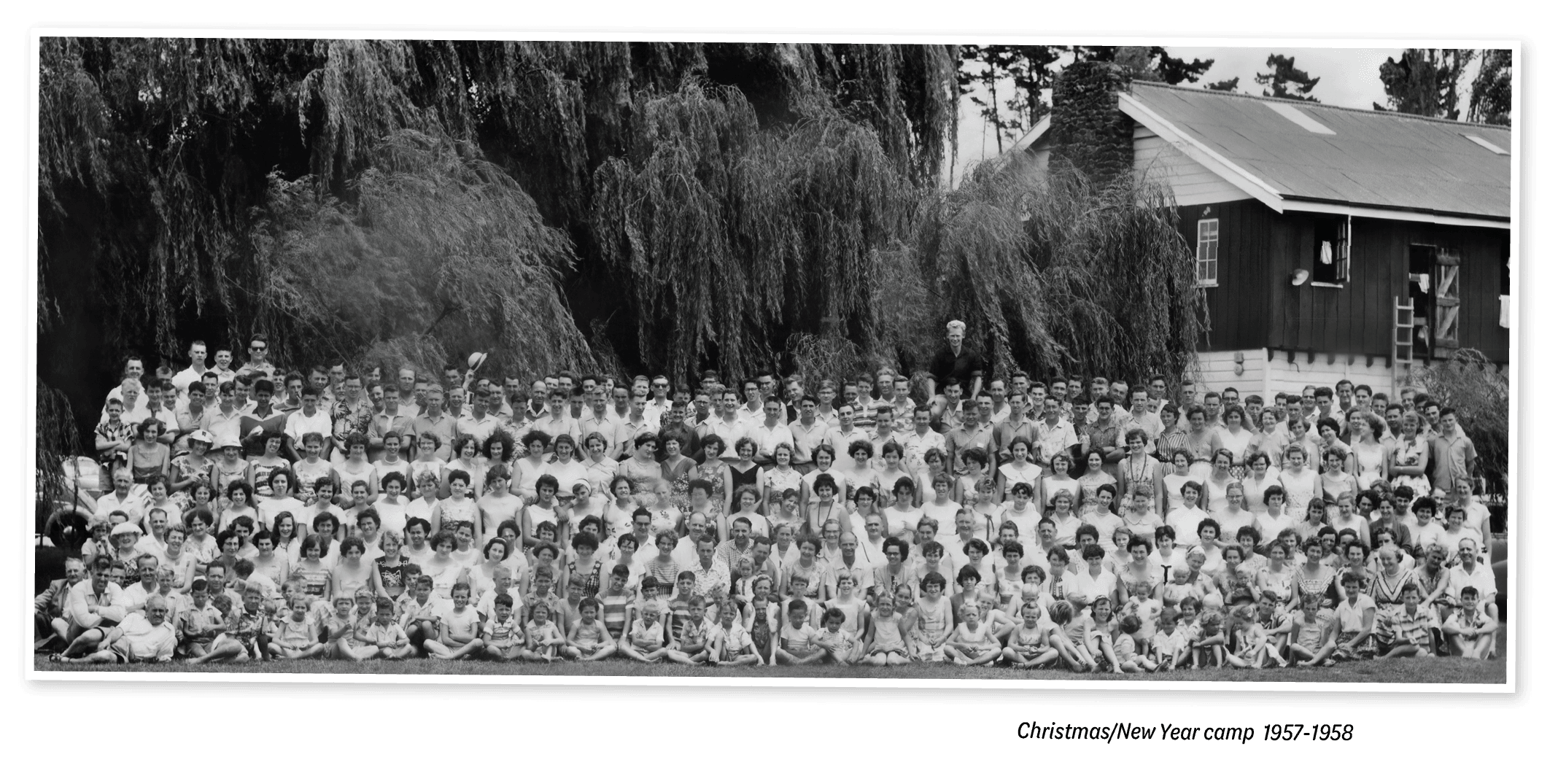
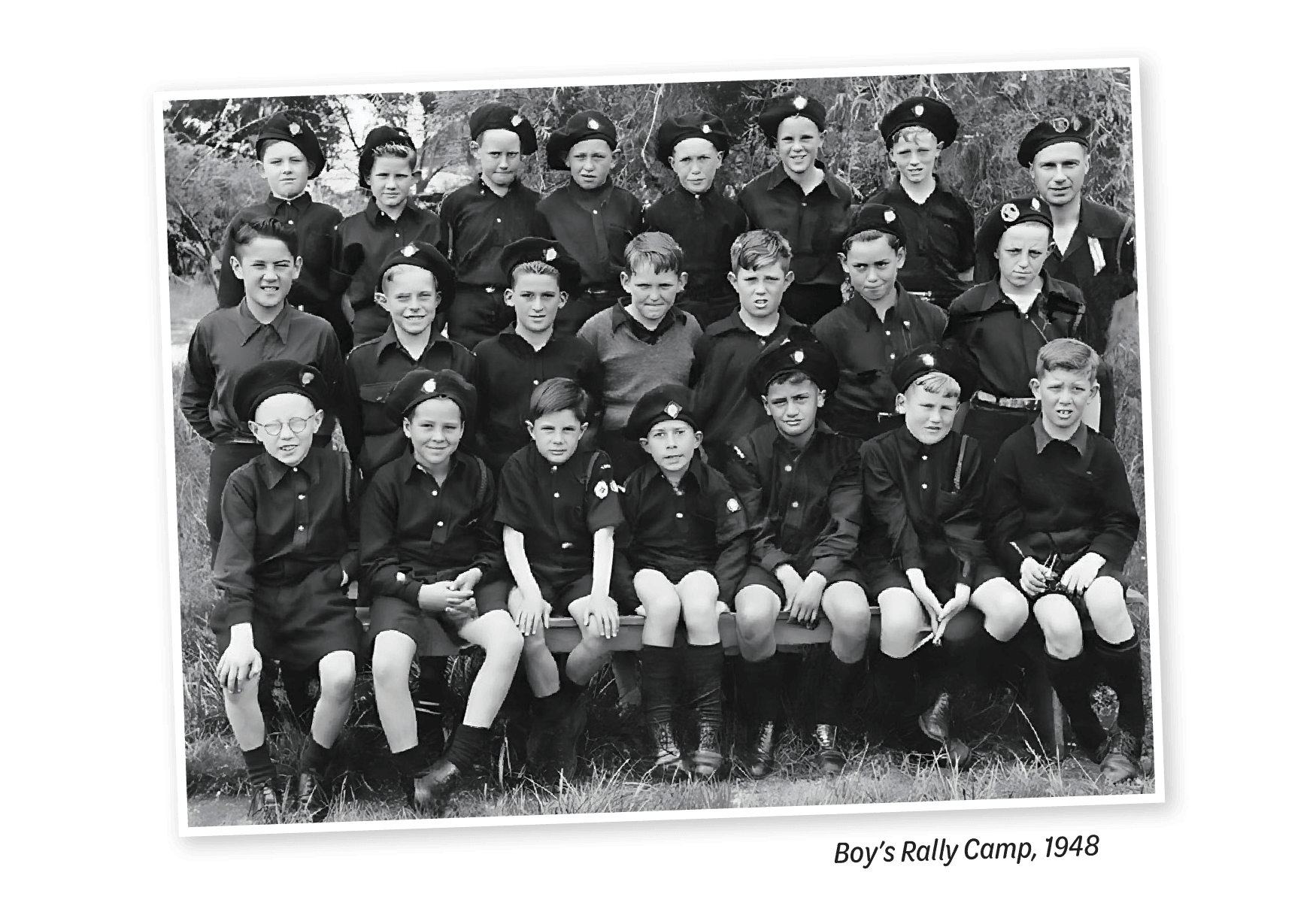
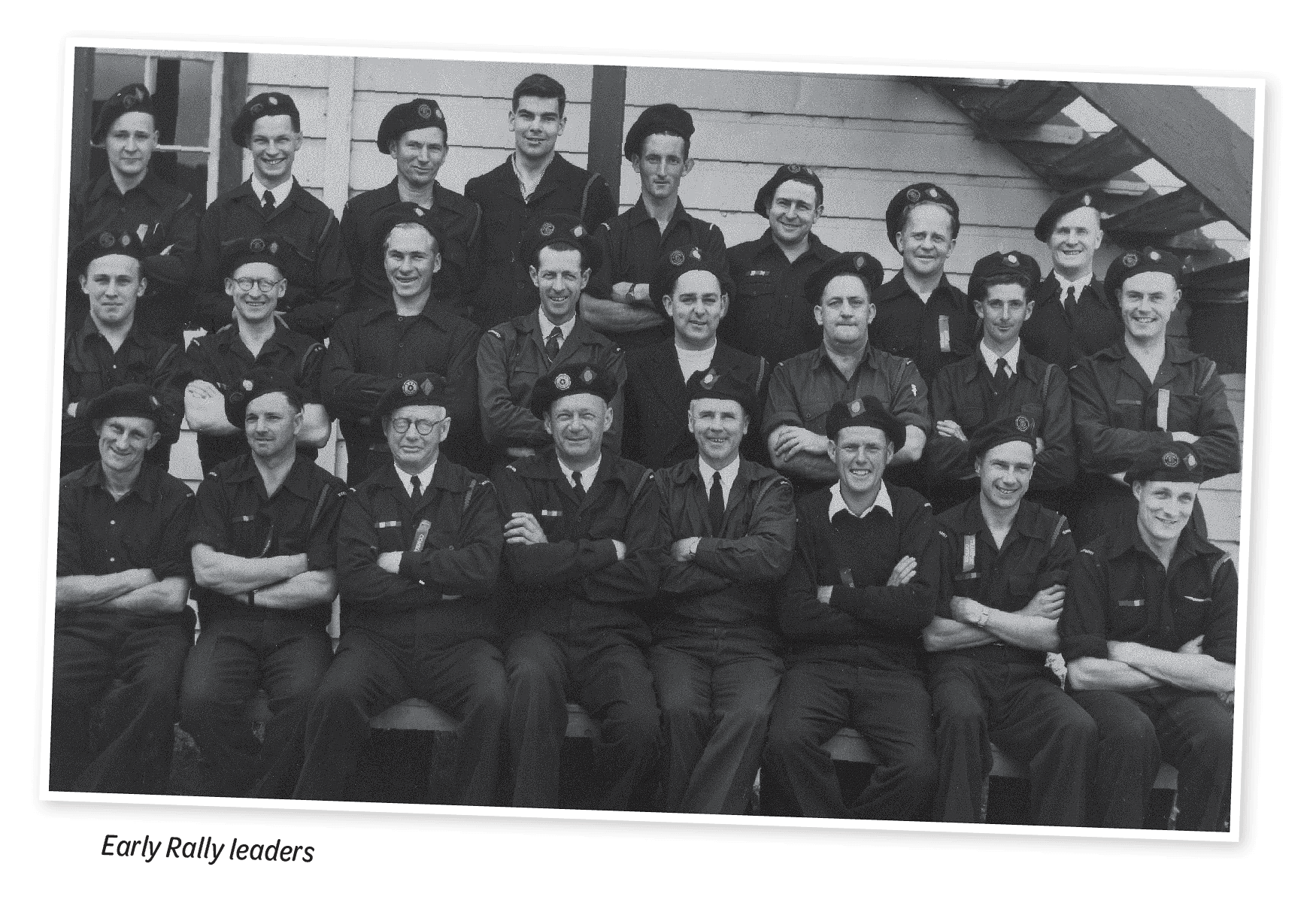
LIVES ARE CHANGED AND FAITH IS DEEPENED
Eastern Beach’s outreach also extended beyond the site. A small Gospel gathering led to the Drift Inn coffee bar at Ellerslie Bible Chapel, drawing hundreds weekly. In 1938, Laidlaw and James Rowan founded the Postal Sunday School Movement (PSSM), connecting remote youth with Bible lessons.
As the camp grew, a Board oversaw development. Under John Massam’s leadership, upgrades included sports fields, a gym, motel units, and a conference centre.
From humble beginnings, Willow Park became a vibrant, modern facility, continuing its legacy of faith and transformation. Volunteers planted willow trees, and a full-time caretaker and cook were hired.
Willow Park Christian Camp has long been a place where lives are changed and faith is deepened. Many campers have encountered God in powerful ways – making first-time commitments, rededicating their lives, or finding healing from personal struggles. Even moments of conflict have led to grace-filled resolutions and spiritual breakthroughs.
Over the decades, the camp has grown through the generosity and service of those who saw its potential. Staff offered their time, homes and skills to build a place where people could encounter hope. During times of crisis, such as the COVID-19 lockdowns, the camp continued to serve its community, providing meals and support to those in need.
Today, Willow Park remains a vibrant centre for Christian camping. From children’s holiday camps to family retreats and outreach events, it continues to offer rest, renewal, and the life-changing message of the Gospel.
What began as a simple vision has become a legacy of faith – proof that when people gather with open hearts, God moves in extraordinary ways.
OUR HISTORY IN ONE BOOK
To read more about the Willow Park Camp story and find out how our other amazing camps were formed, check out the 100 years of Christian Camping book.
